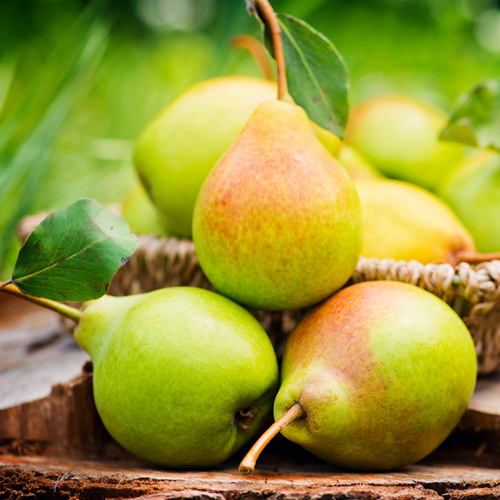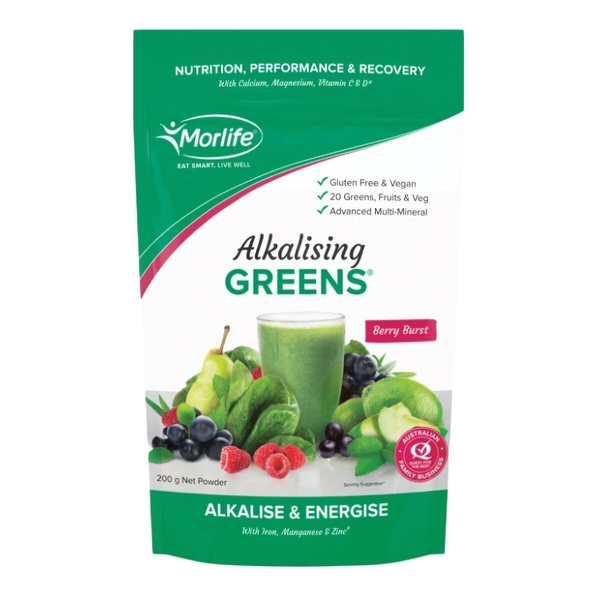
Pear
Scientific names: Pyrus communis, Pyrus asiae-mediae, Pyrus balansae, Pyrus bourgaeana, Pyrus domestica, Pyrus elata, Pyrus medvedevii, Pyrus pyrifolia, Pyrus serotina
Family: Rosaceae
Alternate names: Asian Pear, Korean Pear, Nashi Pear, Pears, Pera, Peral, Poire, Poirier, Poirier Commun, Poir
Background
Pear is a tree. The pear fruit is used to make medicine.
People use pears for many conditions, including indigestion, diarrhea, constipation, nausea and vomiting, and liver scarring (cirrhosis), but there is no good scientific evidence to support these uses.
In foods, pears are eaten as fresh or preserved fruit, and used in cooking.
People use pears for many conditions, including indigestion, diarrhea, constipation, nausea and vomiting, and liver scarring (cirrhosis), but there is no good scientific evidence to support these uses.
In foods, pears are eaten as fresh or preserved fruit, and used in cooking.
Safety Safety definitions
When taken by mouth: Pear is LIKELY SAFE for most people when eaten in normal food amounts. But, there isn't enough information to know if pears are safe when used as medicine or what the possible side effects might be.
Special Precautions & Warnings:
Pregnancy and breast-feeding: Pears are LIKELY SAFE when eaten in amounts found in food. There isn't enough information to know if pears are safe in larger, medicinal amounts. Stay on the safe side and stick with food amounts if you are pregnant or breast-feeding.Effectiveness
NatMed Pro rates effectiveness based on scientific evidence according to the following scale: Effective, Likely Effective, Possibly Effective, Possibly Ineffective, Likely Ineffective, Ineffective, and Insufficient Evidence to Rate.
Insufficient evidence Effectiveness definitions
- Athletic performance. Early research shows that taking a carbohydrate supplement obtained from pears before and during a long-distance cycle ride seems to improve overall cycling time in athletic men.
- Hangover. Early research shows that drinking Korean pear juice 30 minutes before drinking alcohol seems to help reduce hangover symptoms 15 hours later by a small amount.
- Obesity. Early research shows that eating pears 3 times daily between meals while on a calorie-controlled diet might help reduce weight by a small amount over 12 weeks.
- Cancer.
- An infection of the intestines that causes diarrhea (cholera).
- Constipation.
- Diarrhea.
- Fevers.
- Fluid retention.
- Indigestion.
- Nausea and vomiting.
- Liver scarring (cirrhosis).
- Other conditions.
Dosing & administration
The appropriate dose of pear depends on several factors such as the user's age, health, and several other conditions. At this time there is not enough scientific information to determine an appropriate range of doses for pear. Keep in mind that natural products are not always necessarily safe and dosages can be important. Be sure to follow relevant directions on product labels and consult your pharmacist or physician or other healthcare professional before using.
Interactions with pharmaceuticals
It is not known if Pear interacts with any medicines. Before taking Pear, talk with your healthcare professional if you take any medications.
Interactions with herbs & supplements
There are no known interactions with herbs and supplements.
Interactions with foods
There are no known interactions with foods.
Action
Pear fruit contains a substance called pectin, which might help reduce diarrhea.
Products
View all productsPer 7 g:
- Pyrus communis (Pear)
- Brassica oleracea var. acephala (leaf) powder (Kale)
- Chlorella pyrenoidosa powder
- Arthrospira platensis (Spirulina)
- Lactobacillus acidophilus
- Bifidobacterium bifidum
- Bifidobacterium lactis
- Inulin (Dietary fibre)
- Acacia sp. (gum)
- Fagopyrum esculentum (leaf)
- Fragaria ananassa (Strawberry)
- Ananas comosus (Pineapple)
- Malus (Apple)
- Citrullus lanatus (Watermelon)
- Siraitia grosvenorii (Monk fruit)
- Spinacia oleracea (Spinach)
- Daucus carota powder (Carrot)
- Lycium barbarum (fruit)
- Brassica oleracea var. italica (sprout) powder
- Curcuma longa (rhizome)
- Malpighia glabra (fruit) powder
- Medicago sativa
- Punica granatum
- Rubus idaeus
- Bifidobacterium longum
- Fructooligosaccharides
- Lentinula edodes
- Urtica dioica
- Mentha x piperita
- Laminaria digitara (Kelp)
- Green banana starch
- Oryza sativa (Rice fibre)
- Xanthan gum
- Saccharomyces cerevisiae (Brewer’s yeast)
- Rhodophyta (Red seaweed)
- Berry flavour
RRP: $29.95$25.46Save: 15%
Create account
Per 10 g (Berry Burst):
- Pyrus communis (Pear)
- Rubus idaeus
- Medicago sativa
- Arthrospira platensis (Spirulina)
- Brassica oleracea var. acephala (leaf) powder (Kale)
- Spinacia oleracea
- Petroselinum crispum
- Fagopyrum esculentum (leaf)
- Chlorella vulgaris powder
- Brassica oleracea var. italica (sprout) powder
- Malus (Apple)
- Ananas comosus (Pineapple)
- Citrus limon (Lemon)
- Citrus aurantiifolia (Lime)
- Euterpe oleracea (berry) ext. (Acai)
- Urtica dioica
- Mentha x piperita
- Camellia sinensis
- Apium graveolens
- Cucumis sativus
- Magnesium citrate
- Potassium citrate
- L-glutamine
- Calcium citrate
- Natural flavours
- Taraxacum officinale (leaf) ext. dry
- Eleutherococcus senticosus ext. dry
- Curcuma longa ext. dry
- Withania somnifera ext. dry
- Camellia sinensis ext. dry
- Rosmarinus officinalis ext. dry
- Aloe barbadensis ext. dry
- Gardenia jasminoides ext. dry
- Piper nigrum ext. dry
- Magnesium gluconate
- Apple pectin
- L-alanine
- Xanthan gum
- L-histidine
- Lactobacillus acidophilus
- Bifidobacterium lactis
- Bifidobacterium bifidum
- Bifidobacterium longum
- Potassium ascorbate (Vitamin C)
- Citric acid anhydrous
- Zinc gluconate
- Ferrous fumarate
- Manganese citrate
- Selenomethionine
- Vitamin D
- Chromium picolinate
- Acacia sp. (fibre)
200 g Berry Burst
RRP: $44.95$38.21Save: 15%
Create account
vital.ly has licensed monographs from TRC Healthcare.
This monograph was last reviewed on 30/04/2023 10:00:00. Monographs are reviewed and/or updated multiple times per month and at least once per year.
Natural Medicines disclaims any responsibility related to medical consequences of using any medical product. Effort is made to ensure that the information contained in this monograph is accurate at the time it was published. Consumers and medical professionals who consult this monograph are cautioned that any medical or product related decision is the sole responsibility of the consumer and/or the health care professional. A legal License Agreement sets limitations on downloading, storing, or printing content from this Database. No reproduction of this monograph or any content from this Database is permitted without written permission from the publisher. It is unlawful to download, store, or distribute content from this site.






